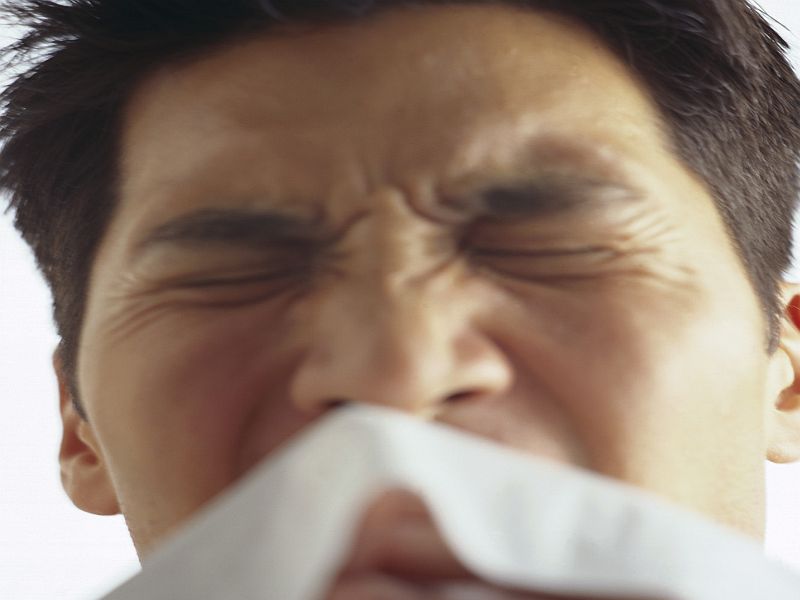
Friday, April 15, 2016

FRIDAY, April 15, 2016 (HealthDay News) -- Spring allergy season is here, so if you know your triggers you can start reducing your symptoms, experts say.
You may believe pollen is the culprit. But, other substances such as mold may be involved in your allergies as well, according to the American College of Allergy, Asthma & Immunology. The college says more than two-thirds of people with spring allergies actually have symptoms all year long.
Here are some of the experts' tips for keeping your sniffles and sneezes at bay during allergy season:
- Monitor pollen and mold counts. This information is often included in weather reports.
- Keep windows and doors shut at home and in your car during allergy season, and try to stay inside at midday and during the afternoon, when pollen counts are highest.
- When mowing the lawn or doing other outdoor chores, wear a N95 filter mask rated by the U.S. National Institute for Occupational Safety and Health, and take appropriate medication beforehand.
- After spending time outdoors, take a shower, wash your hair and change your clothes.
A number of over-the-counter and prescription medications can help control allergy symptoms, the allergists said in a college news release. Another option: allergy shots, which can help your body develop tolerance to allergens instead of reacting with symptoms such as sneezing, stuffy nose and itchy, watery eyes.
SOURCE: American College of Allergy, Asthma & Immunology, news release
HealthDay
Copyright (c) 2016 HealthDay. All rights reserved.
News stories are provided by HealthDay and do not reflect the views of MedlinePlus, the National Library of Medicine, the National Institutes of Health, the U.S. Department of Health and Human Services, or federal policy.




























.png)












No hay comentarios:
Publicar un comentario